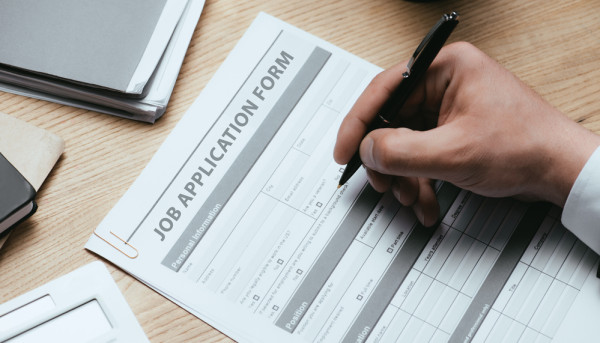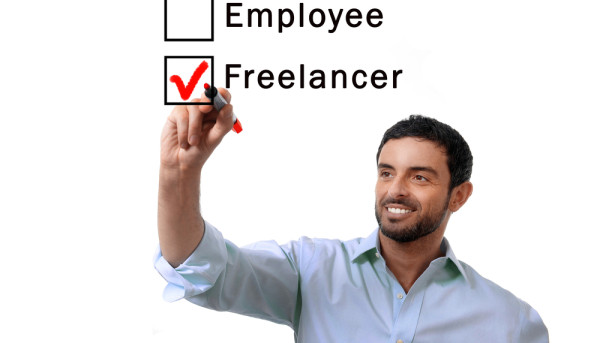Car Insurance After an Accident
What Happens to Your Car Insurance After an Accident?
Typically, car insurance companies view you as a higher risk after an accident. As a result, they will raise your premiums.
This is known as surcharging, and the way it works varies by company and state. It may appear as a surcharge on your billing statement when you renew.
Will I Lose Coverage?
Whether or not you lose coverage after an accident depends on a number of factors. First, your insurer will look at the facts and circumstances of the crash to determine who is at fault. This includes reviewing the information from both parties and any witnesses.
The insurance company may also seek legal advice to help them make their decision. If the accident was a result of someone else’s negligence, you might be able to file an at-fault lawsuit against them for compensation.
While some states have no-fault insurance laws, others require drivers to carry liability insurance. This pays for damages to another driver’s vehicle and property, up to a set limit. It can be an effective way to reduce your overall insurance cost.
Liability insurance is required in most states and usually covers injuries to others, as well as damage your car does to other vehicles or their property. It can also pay for your legal defense if you’re sued for injuries or property damage.
When it comes to liability insurance, you might have questions about how much you need to carry and what kind of coverage is available. For example, some states allow you to choose an unlimited amount of coverage for your bodily injury and property damage, while others only permit a set limit.
In addition, some states have no-fault insurance laws where you can be required to carry a certain amount of coverage for your medical expenses and lost income, regardless of who’s at fault in the crash. These policies can be an effective way to save money on insurance and cover the costs of a serious accident, but it’s important to know your state’s law before you purchase one.
After you’ve been in an accident, it’s important to contact your insurance company as soon as possible. Typically, your agent will be happy to help you with your claim and walk you through the claims process.
You can also contact your insurance agent if you have any questions about your policy or if you would like to learn more about a specific type of coverage. Many American Family agents are happy to answer your questions or help you find the coverage you need.
Will My Rates Go Up?
When you’re involved in an accident, you might have a lot on your mind, from dealing with injuries to getting your car back on the road. But it’s important to know how your Car Insurance will work in the aftermath of an accident – so you can make the best decision possible when filing a claim or getting your vehicle fixed.
A lot depends on the details of the accident, including who was at fault and how much damage was done to other people’s cars. And of course, it’s also important to consider how your Car Insurance will affect your driving record.
The good news is that your rates won’t usually increase after an accident, as long as you didn’t cause the crash. But if you were at fault, or if the damage was particularly expensive, your premiums could go up significantly.
For example, according to QuoteWizard research, drivers with at-fault accidents see an average rate increase of 42%. While this isn’t a huge increase, it can be enough to drive up your insurance costs by hundreds or even thousands of dollars.
Thankfully, you can avoid this type of increase by shopping around for cheap Car Insurance. You should get at least three quotes from a range of insurers to compare prices and coverages.
If you’re willing to pay a little extra, some companies offer an optional policy add-on called accident forgiveness that will guarantee that your rates won’t rise after your first at-fault accident. Of course, not everyone is eligible for this service, so you’ll want to check with your insurance agent about whether you qualify.
Another way to avoid an increased rate after an accident is to purchase a no-fault insurance policy. These policies cover your injuries if you are at-fault in an accident, and they typically won’t raise your rates if the other driver has no car insurance or a minimal amount of coverage.
In addition to no-fault car insurance, you can also get a special form of liability insurance called personal injury protection (PIP). These policies are designed to help cover your medical expenses and lost income if you’re injured in a car accident that wasn’t your fault.
Will I Have to Pay a Higher Deductible?
One of the many benefits of a high deductible is the ability to pay less out of pocket in the event of an accident. This can make a big difference in the aftermath of an accident. In fact, if your deductible is relatively low, you may even be able to forgo the monthly premium altogether and save yourself some cash in the process. The key is to be savvy about your options so you can take advantage of these savings.
The best way to find out is to speak to an insurance professional who will be able to guide you through the maze that is the healthcare system. They can help you determine your needs and find a plan that fits you and your family's unique lifestyle.
Is There Anything to Keep Rates Low?
After an accident, your insurance rate is generally going to increase based on the fact that you are now a higher risk to insurers. The cost of a car insurance policy is based on a number of factors including the type of vehicle you drive, your driving record and your credit history.
One of the best ways to keep your rates low is by shopping around for the cheapest rates. You can do this by getting at least three quotes from different companies. You can also get price comparisons from your state insurance department.
You should never sign up for auto insurance without first comparing prices and policies from several companies. This is especially important if you are looking for car insurance after an accident.
If you have been in an accident, it is essential to contact your insurance company as soon as possible so that they can inform you of any changes that may take place. This will eliminate the stress of receiving an unexpectedly high bill and give you time to adjust your budget before your next policy renewal date.
The good news is that most insurance companies will drop your premiums within three to five years after the accident, assuming you have maintained a clean driving record during this period. The timing of the decrease varies from state to state, but this is a good rule of thumb.
Another way to keep your rates low is by purchasing a vehicle that has a strong safety rating. Typically, vehicles with better safety ratings are more likely to be less susceptible to damage and theft, which means lower insurance costs.
You can also save money by bundling your home and auto insurance with the same provider, which many insurers offer. These discounts can add up quickly, and they can help offset any additional costs that you incur after an accident.











